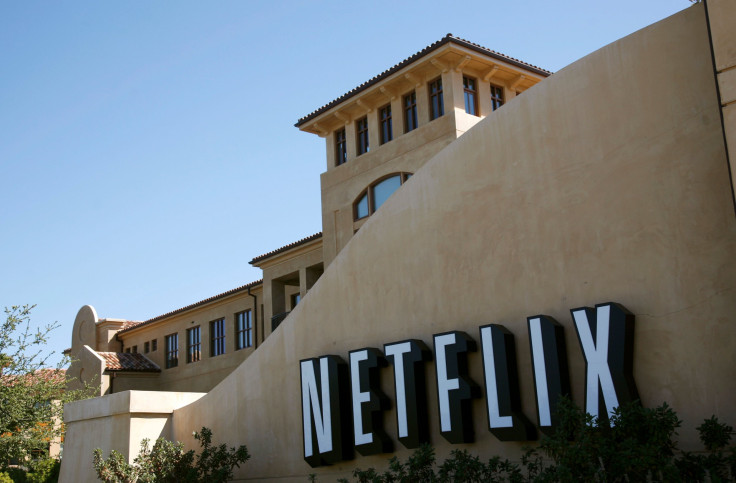AT&T Is Already Trying To Make HBO More Like Netflix

"The goal is to become HBO faster than HBO can become us," Netflix (NASDAQ:NFLX) CEO Reed Hastings once famously said. That was in 2013, and a lot has changed in the media and entertainment landscape in the five years since. Netflix has plunged billions into original content, helping to grow its global subscriber base from 33 million to 119 million over that time frame.
This article originally appeared in the Motley Fool.
It took HBO quite a while to get on the over-the-top (OTT) streaming bandwagon, launching HBO Now in 2015. Now that the popular video service is owned by AT&T (NYSE:T) after Ma Bell closed its acquisition of Time Warner last month, the telecom giant is already pushing to make HBO a little bit more like Netflix.
Becoming like Netflix
The New York Times reports that AT&T's head of Warner Media, John Stankey, recently told employees at a June meeting to brace for a lot of changes going forward as HBO takes on a new direction. Without ever referring to Netflix by name, Stankey suggested he wanted HBO to become more of a mainstream service that caters to a wider range of consumer tastes while also bolstering daily engagement and watching among subscribers.
"We need hours a day," Stankey said, according to the report. "It's not hours a week, and it's not hours a month. We need hours a day. You are competing with devices that sit in people's hands that capture their attention every 15 minutes." The executive also emphasized the need to collect more data on user engagement.
All of that sounds just like Netflix. The streaming giant continues to expand its original content strategy into localized and niche genres, specifically to broaden the appeal of its service all around the world. Netflix is also largely responsible for creating the culture of binging on movies and TV shows by releasing most of its shows all at once, as opposed to the traditional linear model, all while collecting copious amounts of user data and eschewing all advertising. Nothing builds engagement like binging on a show for 10 hours straight.
In contrast, HBO has historically emphasized a smaller number of shows that it invests heavily in. Quantity over quality, in other words. But Netflix has demonstrated that it can balance both quantity with quality, accumulating awards for both TV and movies (including its first Oscar this year) while also offering something for everyone.
HBO is more profitable than Netflix
Stankey also reportedly underscored the need for profitability. It's in this regard that HBO differs quite a bit from Netflix.
HBO was one of Time Warner's crown jewels, contributing 20% to the company's total revenue in the first quarter. HBO brought in $1.6 billion in sales, which translated into $516 million in operating income, or a 32% operating margin. Compare that to the $3.7 billion in revenue that Netflix generated in the first quarter, which only yielded $446 million in operating income, or a 12% operating margin.
It's worth noting that while HBO has more overall subscribers (142 million), it generates less in total revenue than Netflix. That's because most of HBO's customers subscribe through traditional cable operators, and as distributors those operators get a cut. HBO only sets the wholesale price, while the cable operator gets to set the retail price charged to subscribers. As a direct-to-consumer (D2C) service, Netflix has no middlemen. HBO Now, which costs $15 per month and is D2C, only has around 2 million to 2.5 million subscribers, according to Bloomberg.
If it really wants to become more like Netflix, HBO might just need to sacrifice some profitability by investing more in quantity.
Evan Niu, CFA owns shares of Netflix. The Motley Fool owns shares of and recommends Netflix. The Motley Fool has a disclosure policy.





















